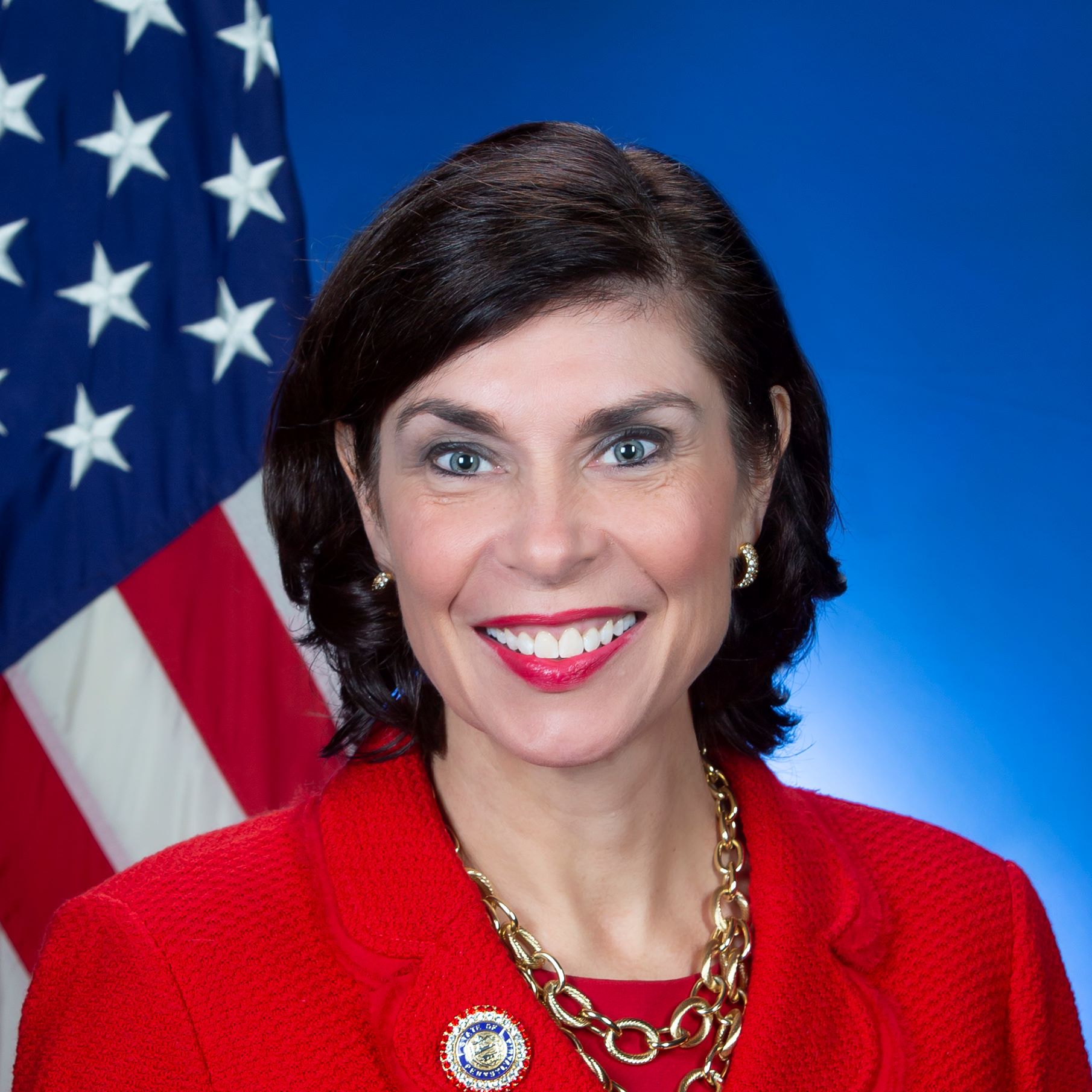- After-Shows
- Alternative
- Animals
- Animation
- Arts
- Astronomy
- Automotive
- Aviation
- Baseball
- Basketball
- Beauty
- Books
- Buddhism
- Business
- Careers
- Chemistry
- Christianity
- Climate
- Comedy
- Commentary
- Courses
- Crafts
- Cricket
- Cryptocurrency
- Culture
- Daily
- Design
- Documentary
- Drama
- Earth
- Education
- Entertainment
- Entrepreneurship
- Family
- Fantasy
- Fashion
- Fiction
- Film
- Fitness
- Food
- Football
- Games
- Garden
- Golf
- Government
- Health
- Hinduism
- History
- Hobbies
- Hockey
- Home
- How-To
- Improv
- Interviews
- Investing
- Islam
- Journals
- Judaism
- Kids
- Language
- Learning
- Leisure
- Life
- Management
- Manga
- Marketing
- Mathematics
- Medicine
- Mental
- Music
- Natural
- Nature
- News
- Non-Profit
- Nutrition
- Parenting
- Performing
- Personal
- Pets
- Philosophy
- Physics
- Places
- Politics
- Relationships
- Religion
- Reviews
- Role-Playing
- Rugby
- Running
- Science
- Self-Improvement
- Sexuality
- Soccer
- Social
- Society
- Spirituality
- Sports
- Stand-Up
- Stories
- Swimming
- TV
- Tabletop
- Technology
- Tennis
- Travel
- True Crime
- Episode-Games
- Visual
- Volleyball
- Weather
- Wilderness
- Wrestling
- Other
EP 034 Proposed Pumped Storage Facility along the Susquehanna River with Special Guest Mark Platts
Earlier this year, the Philadelphia Inquirer broke the news about out-of-county developers seeking to take 1,000 acres of land to build a pumped storage facility along the Susquehanna River near Chanceford Township. The developers, who are based in Reading, Pennsylvania, sought the approval of the Federal Energy Regulatory Commission (FERC) to begin the multi-year process of building a massive pumped storage hydroelectric facility. The process would require taking and flooding of many properties, including farmland as well as recreational and historical sites along the Susquehanna River. Joining Sen. Kristin Phillips-Hill is Mark Platts, president of the Susquehanna National Heritage Area. Mark discusses the adverse impact of the proposed project along the river. Since the podcast was recorded, FERC rejected the initial application, however, the developers indicated that they will re-apply.

